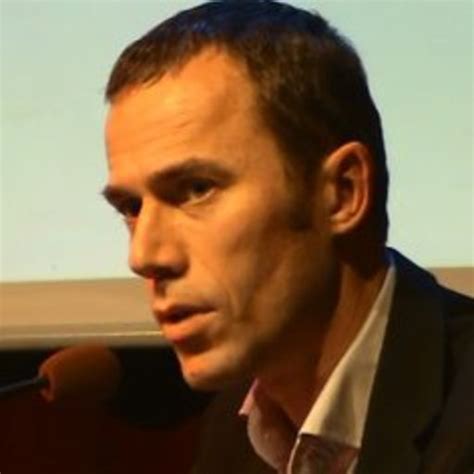A Quote by Elizabeth Gilbert
We’re miserable because we think that we are mere individuals, alone with our fears and flaws and resentments and mortality. We wrongly believe that our limited little egos constitute our whole entire nature. We have failed to recognize our deeper divine character.
Related Quotes
We can trace back our existence almost to a point. Former time presents us with trains of thoughts gradually diminishing to nothing. But our ideas of futurity are perpetually expanding. Our desires and our hopes, even when modified by our fears, seem to grasp at immensity. This alone would be sufficient to prove the progressiveness of our nature, and that this little earth is but a point from which we start toward a perfection of being.
Mystical experience of nature can be of particular relevance to our troubled age, bringing deeper into our consciousness and emotions the logic that nature sustains humanity as humanity must, in turn, sustain nature. Rationality alone, however, cannot be our guide in the task of restoring our environment. A spiritual connection to nature must inspire the emotional commitment that is the yin, complementing the yang of intellectual understanding.
The real religion is about the understanding that if we can only still our egos for a few seconds, we might have a chance of experiencing something that is divine in nature. But in order to do that, we have to slice away at our egos and try to get them down to a manageable size, and then still work some practiced light meditation. So real religion is about reducing our egos, whereas all the churches are interested in is egotistical activities, like getting as many members and raising as much money and becoming as important and high-profile and influential as possible.
We enter into solitude first of all to meet our Lord and to be with him and him alone. Only in the context of grace can we face our sin; only in the place of healing do we dare to show our wounds; only with a singleminded attention to Christ can we give up our clinging fears and face our own true nature.
Obviously, I don't want to minimize the patriarchal nature of our media, our government and our culture as a whole. But I think it's our refusal as women to own our power that is our biggest problem, both individually and collectively. The linchpin that holds the current system in place is the slumber of women.
For the 99 percent of the time we've been on Earth, we were hunter and gatherers, our lives dependent on knowing the fine, small details of our world. Deep inside, we still have a longing to be reconnected with the nature that shaped our imagination, our language, our song and dance, our sense of the divine.




































